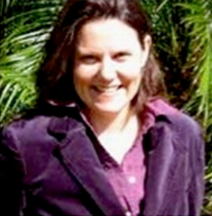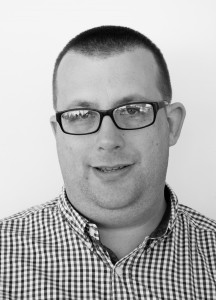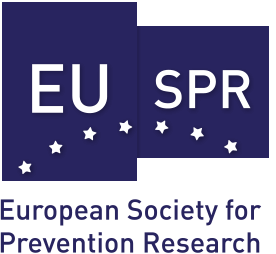| Name | Statement | |
| Inna Feldman – Uppsala University, SW |
||
 |
Dr Inna Feldman, Health Economist, Uppsala University, Sweden. My background is M.S. in mathematics followed by PhD in economics. This expertise and my work experience came very useful in understanding the value of investment in different intervention, in particular, what interventions will result in better health and the connection between the outcome and the chosen intervention. These are some of the issues addressed by health economics modelling, which I studied out in the recent years. My scientific interest focuses on preventive and promoting intervention targeting population or population groups. My studies are devoted to theoretical and empirical health-economics research in two areas: • Prevention interventions targeting lifestyle choices • Interventions targeting mental health problems in children and adolescentsIn an attempt to promote healthy lifestyles, many countries including Sweden try to implement a range of health promotion policies. Unfortunately, these efforts have often been hindered by the limited availability of the health and economic impacts of such interventions on a population level. Economic analysis of interventions aimed at improving children’s mental health are also very limited. Health economic evaluations are needed to compare various alternatives in terms of their costs and health effects, and thus aid decision-making. Until now, the research community has largely failed to provide persuasive evidence about the effectiveness and cost effectiveness of preventative and health promoting interventions.My present challenge is to extend the evidence of cost-effectiveness of prevention and promotion interventions, to support practitioners and decision-makers on how to prioritize and facilitate the work in strategic ways. I am sure that my research will contribute to prevention science and help to fulfill the EUSPR mission statement. If society is going to use its resources effectively, it is vital to develop effective health economic methodologies to evaluate health promotion interventions. |
|
| Laura Ferrer-Wreder – Stockholm University, SW |
||
 |
|
|
| Jeremy Segrott Cardiff University, UK |
||

|
I am a Research Fellow in Public Health in the DECIPHer Centre at Cardiff University, Wales, UK. My main research interests are the evaluation of school- and family-based prevention interventions – particularly relating to alcohol misuse, and the study of programme implementation processes. I have significant experience of working within interdisciplinary teams and engaging policymakers and practitioners in the research process, including in the context of randomised controlled trials of policy interventions. A key example is my work as part of the team which conducted an RCT of the Strengthening Families Programme 10-14 in the UK.
I have a strong commitment to the field of prevention research, which is demonstrated by my research projects and outputs, and my engagement in international professional networks, including regular participation in EUSPR’s annual conferences. I have been an active member of the USA-based SPR, including serving on its International Taskforce Advisory Group. I was recently awarded funding by my University to develop collaborative research with colleagues at Washington State University. If elected to the post of President I would work hard to support and lead the Society in achieving its objectives, including development of international and interdisciplinary networks, and the forging of links between research and policy/practice. As an individual member I have valued the EUSPR conferences – both for the intellectual content, and the inclusive and welcoming environment within which they take place. As President I would do my utmost to support the continued success of the conference in these ways. I would actively encourage the Society’s ongoing efforts to involve postgraduate students and early career researchers in the field of Prevention Science and the work of EUSPR. Communication -with members, and the prevention community more generally, is another area which I am interested in, especially as the EUSPR continues to grow and develop. |
|
